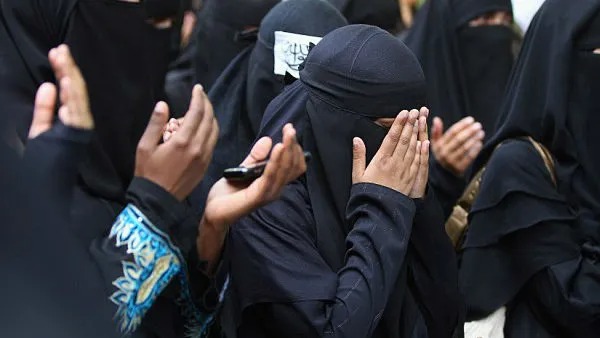
Muslim reservation has always been a big issue in Indian politics. Narendra Modi also keeps raising this issue in his Hindu-Muslim politics.
The discussion on Muslim reservation has started once again amidst the elections in the country. On one hand, BJP is opposing reservation for Muslims, on the other hand, opposition parties have also come out openly on this issue.
Meanwhile, former Bihar CM and RJD chief Lalu Prasad Yadav has openly advocated reservation for Muslims. Amidst this political rhetoric, the question arises that how do Muslims get reservation?
Muslim Reservation
Many Muslims are given OBC reservation at the central and state level. According to a report, at present 36 Muslim castes are to be given OBC reservation at the central level. For which provision has been made in Article 16(4) of the Constitution.
According to this, if the government feels that any class of citizens is backward, then reservation in jobs can be given for their proper representation.
According to the report, 36 Muslim castes have been included in category 1 and 2A in the Centre's OBC list. However, Muslim families whose annual income is Rs 8 lakh have been placed in the creamy layer and do not come under reservation even if they belong to backward castes.
Why does the issue of Muslim reservation keep coming up again and again?
Many reports have said that Muslims are socially, economically and educationally backward. In the year 2006, it was said that the Muslim community is backward compared to Hindu OBCs.
Presenting its report, the Sachar Committee said that the benefit of reservation is given to Hindu backward and Dalits, but not to Muslims. Earlier, the Mandal Commission had identified 82 social classes which it considered backward Muslims.
In 2009, the committee of retired Justice Ranganath Mishra advocated Muslim reservation. The committee suggested that minorities should be given 15 percent reservation. It recommended 10 percent reservation for Muslims and 5 percent reservation for OBCs.
 look news india
look news india